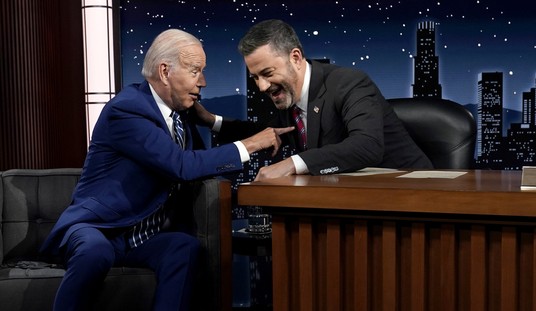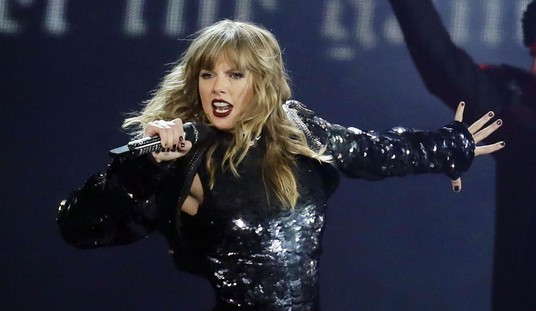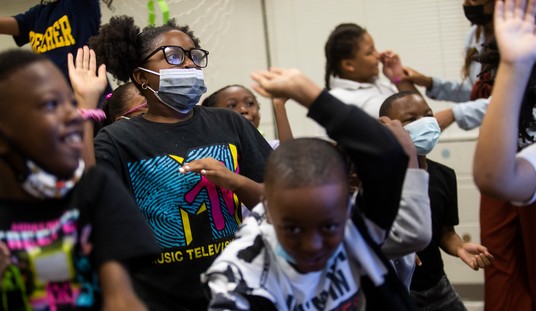The Supremes have finished their sweeping march of social upheaval and are setting off on their summer break, but they aren’t leaving town without giving us a few hints about the knockdown battles to come when next they meet. Before heading out, they agreed to hear another case which is going to further expand the racial divide in the country. The case is one which has been rattling around the legal system for several years now and has already made it to the desk of the Supremes once, but without definitive resolution. Fisher v. University of Texas deals with Abigail Fisher, a white student who was denied acceptance at the University of Texas for failing to score enough points in the diversity competition section of the pageant. (She has since gone on to graduate from Louisiana State.) The fact that the court is willing to give it another look has the Social Justice Warriors nervous.
The Supreme Court agreed on Monday to take a second look at the use of race in admissions decisions by the University of Texas at Austin, reviving a potent challenge to affirmative action in higher education.
The move, which supporters of race-conscious admissions programs called baffling and ominous, signaled that the court may limit or even end such affirmative action. The advocates speculated that the court’s most conservative members had cast the four votes needed to grant review of the case in the hope that Justice Anthony M. Kennedy would supply the fifth vote to strike down the Texas admissions plan.
Justice Kennedy has never voted to uphold an affirmative action program.
The history of this case is rocky to say the least and that’s largely because the courts are far too aware of politics and social movements, leaving them unwilling to stick their necks out on a question like this. As the linked Times article reminds us, the only time the court has really tackled the question of racial preferences in college admissions was in Grutter v. Bollinger more than a dozen years ago. When asked if colleges could reject white students in favor of minorities based solely on the color of their skin (as opposed to their academic achievements and other standard markers) the justices essentially punted in their ruling. They “struck down” the idea of a raw points system setting racial quotas, but left the door essentially wide open by stipulating that admissions offices could still include race in a “narrowly tailored” fashion, as long as it was a so-called “soft variable.”
The policy does not define diversity solely in terms of racial and ethnic status and does not restrict the types of diversity contributions eligible for “substantial weight,” but it does reaffirm the Law School’s commitment to diversity with special reference to the inclusion of African-American, Hispanic, and Native-American students, who otherwise might not be represented in the student body in meaningful numbers. By enrolling a “critical mass” of underrepresented minority students, the policy seeks to ensure their ability to contribute to the Law School’s character and to the legal profession.
That mealy-mouthed collection of essentially meaningless words which can never be quantified in numbers was one of the lower moments in the court’s recent history. They came out with one hand saying that numerical racial quotas which culled out one set of students (whites, in this case) in favor of minority students who achieved lower scores was unacceptable. But they then turned around and said that these “soft variables” could be factored into the decision making process and the schools would just have to decide for themselves how much weight to apply to those criteria. It was the ultimate case of saying that something was blatantly unconstitutional but you can do it if you want as long as you phrase your policy correctly.
The last time this court heard Fisher’s case in 2013, Kennedy sent it back to the lower courts for further review, saying that the federal appeals court in New Orleans had been insufficiently skeptical of the Texas program. The New Orleans court then turned around and rendered essentially the same decision. So now it looks like this hot potato will land back in their laps later this year. Will we get a more definite ruling on what essentially works out to be reverse discrimination? Call me a skeptic, but I wouldn’t hold my breath. I honestly don’t think that either Roberts or Kennedy want to face that kind of heat.








Join the conversation as a VIP Member